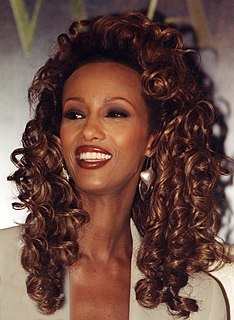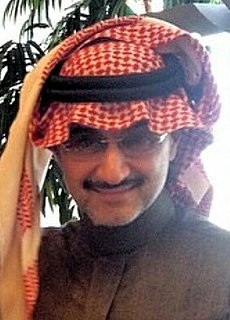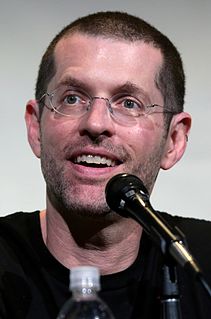A Quote by Ayaan Hirsi Ali
I grew up in Somalia, in Saudi Arabia, in Ethiopia, and in Kenya. I came to Europe in 1992, when I was 22, and became a member of Parliament in Holland.
Related Quotes
I move countries every three or four years. I was born in London, and we lived in Canada. Then we lived in Saudi Arabia until the Gulf War broke out, when we were forced to leave. Then we hop-scotched for a while from Holland back to Canada back to Saudi Arabia. Then there was D-day, so we had to get out again.


































